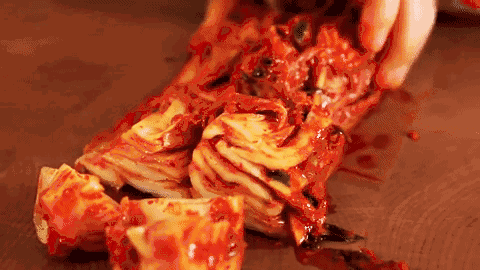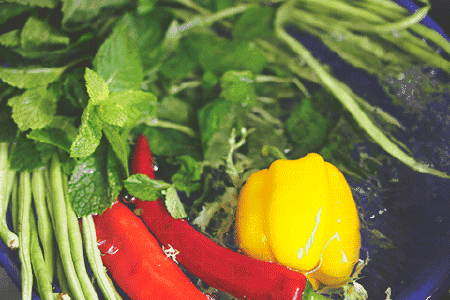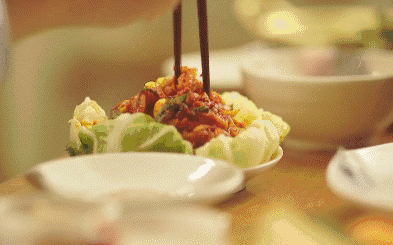Is kimchi ultimately a health food or a carcinogen?
The "American Health Professionals Monthly" once rated Korean kimchi as one of the world's five healthiest foods. Kimchi consists of fermented vegetables, but aren't pickled vegetables said to be carcinogenic? How then does kimchi end up being a health food?

The general concern that deems kimchi unhealthy and potentially carcinogenic stems from the belief that it contains a high level of nitrates. Nitrates themselves are not carcinogenic, but when they enter the stomach and come into contact with the byproducts of protein decomposition, they react and produce nitrosamines.
Nitrosamines are highly teratogenic and carcinogenic substances recognized by the World Health Organization as Class 1 carcinogens.
The nitrate content in kimchi depends on two factors:
1.Fermentation Bacteria
Vegetables naturally contain large amounts of nitrates, which are converted into nitrates under the action of certain bacteria's "nitrate reductase." However, during the pickling process of kimchi, if pure acetic acid bacteria or pure lactic acid bacteria are used, the nitrate content will be very low. Many people enjoy making kimchi at home but lack the conditions for pure bacterial fermentation, making them easily contaminated by miscellaneous bacteria, leading to the formation of nitrates. Is it safe to eat homemade pickled vegetables then?
2.Duration of Pickling
Even with homemade pickled vegetables, there is no need to worry too much as long as the fermentation time is long enough, the nitrate content will not be high. Studies have found that within two days of kimchi being pickled, the nitrate levels are not high, but from the third day onwards, they soar, reaching a peak around the seventh day. Once past this "peak," nitrate levels will gradually decline and virtually disappear after about 20 days, making the kimchi safe to eat.
However, kimchi and pickled vegetables from formal brands, with strict control over production processes, are generally more reliable than those sold in bulk at markets or homemade varieties.

Although the nitrates in kimchi do not pose a threat to us, it cannot be regarded as a health food. Kimchi contains a certain amount of vitamins, and the fermentation process also produces some lactobacilli. In the past, when food was scarce, it served as a means of preserving vegetables, providing some nutrients to the body. However, compared to fresh vegetables and fruits, the nutritional value of kimchi is significantly less.
Additionally, a large amount of salt is added during the pickling process of kimchi, and long-term consumption can lead to excessive salt intake. High-salt diets are a clear risk factor for the high incidence of gastric cancer. When the body ingests high-salt food, the high osmotic pressure of salt directly damages the gastric mucosa, resulting in a series of conditions such as congestion, edema, erosion, ulcers, necrosis, and bleeding. Over the long term, this can increase the incidence of gastritis, digestive tract ulcers, and gastric cancer.
Therefore, enjoying kimchi occasionally provides a unique flavor, but long-term and excessive consumption will not only not bring benefits but will also cause damage to the stomach. This is particularly true for those infected with Helicobacter pylori.

Helicobacter pylori is a type of carcinogen closely related to the development of gastric cancer. Without other influencing factors, the proportion of gastric cancer caused solely by Helicobacter pylori infection is about 1%.
However, if there are "other high-risk factors" present in addition to Helicobacter pylori infection, the risk of developing gastric cancer can dramatically increase to 10%.

A high-salt diet is one such "other high-risk factor" that increases the likelihood of gastric cancer.
If you are infected with Helicobacter pylori and particularly enjoy kimchi or pickled vegetables, along with a long-term high-salt diet, it is akin to dancing on the edge of gastric cancer.